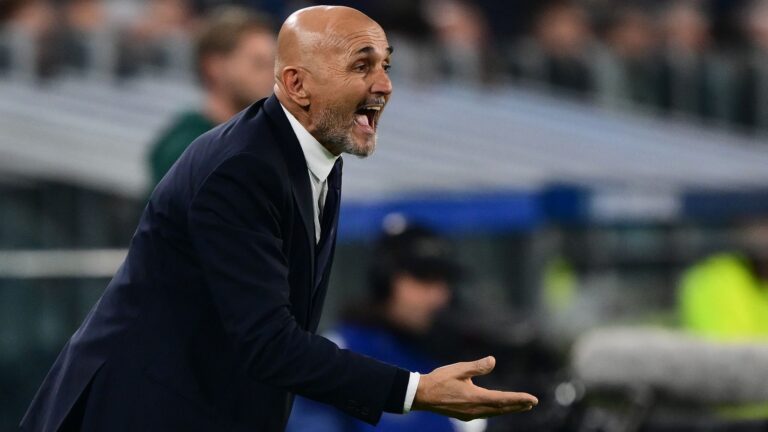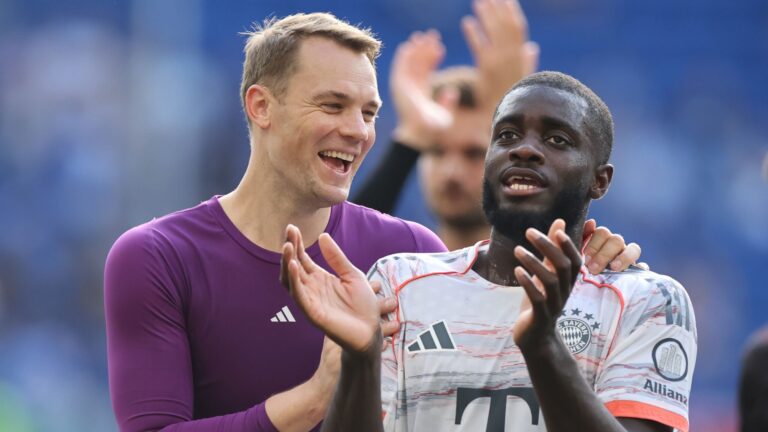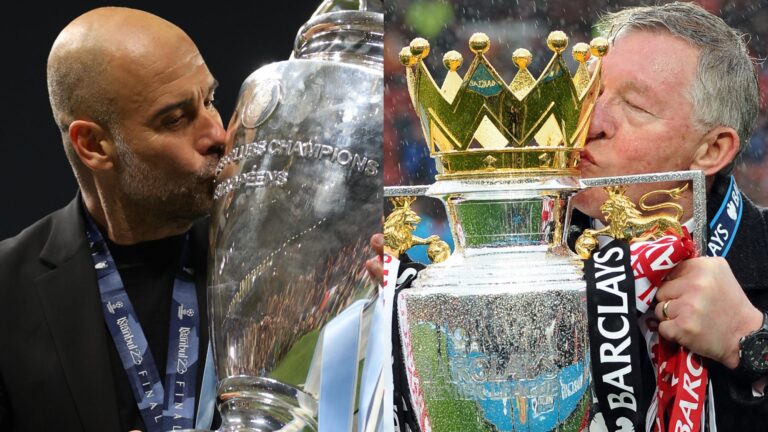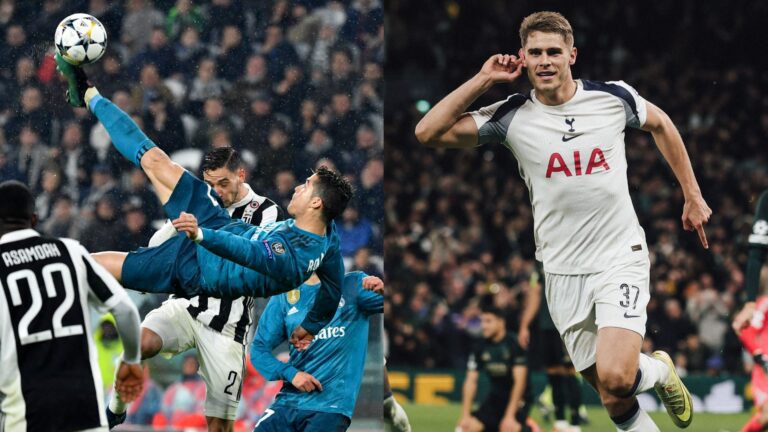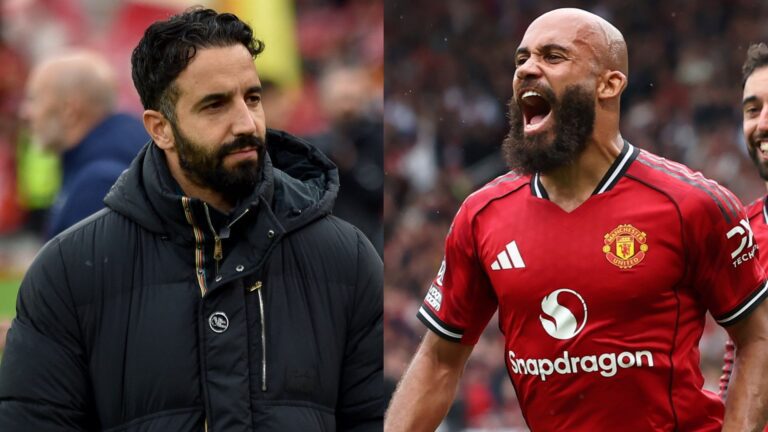


The Fiery Comeback: How Delap’s Red Card Exposed Chelsea’s Ongoing Struggles
In a thrilling encounter that highlighted Chelsea‘s commanding early play and mounting disciplinary woes, the Blues clinched a spot in the next round amid fan frustration over Liam Delap’s impulsive actions. This match not only showcased Chelsea’s attacking prowess but also raised fresh concerns about their on-field behavior, drawing parallels to previous incidents.
Chelsea’s Early Dominance in the Clash
Setting the Tone with Swift Goals
During the first half against Wolves on Wednesday evening, Chelsea exhibited an aggressive and effective strategy, quickly establishing control. Andrey Santos provided an initial spark that calmed any early jitters, while Tyrique George built on that momentum by securing a second goal around the 15-minute mark. Estevao contributed a third strike just prior to halftime, allowing Chelsea to assert their superiority and aim for a decisive win early in the game.
Wolves’ Resilient Fightback and Late Drama
A Narrowing Gap and Unexpected Twist
Although Wolves posed threats throughout the opening period, they managed to claw back into the contest just three minutes into the second half via Tolu Arokodare’s effort. David Moller Wolfe added another for Vitor Pereira’s team with about 15 minutes left, energizing their comeback. Yet, Jamie Gittens’ powerful shot in the 89th minute swung the balance back, ensuring Chelsea maintained their two-goal cushion and advanced.
Moller Wolfe netted once more for Wolves in added time, marking their third tally, but it came too late to alter the outcome, leaving the Midlands outfit exiting the Carabao Cup after a valiant recovery. Chelsea may have celebrated their progression, yet the spotlight shifted to a key moment involving a player making his return, which stirred significant fan discontent.
Delap’s Troubled Debut and Its Aftermath
A Debut Marred by Hasty Decisions
Substituted in for Estevao at the 60-minute point, Liam Delap made his first appearance since a short spell against Fulham in August, having transferred to Chelsea from Ipswich earlier in the year over interest from Manchester United. However, Delap appeared rusty and received a booking in the 79th minute at Molineux Stadium.
Merely seven minutes later, his reckless foul on Wolves defender Emmanuel Agbadou resulted in a second yellow, forcing Chelsea to play with only 10 players. Astonishingly, this marked the team’s fifth red card across their last nine matches, underscoring a persistent issue.
Fan Reactions and Defenses
Despite Delap’s ejection not affecting Chelsea’s advancement in the Carabao Cup, the 22-year-old faced intense backlash for his subpar substitute outing. Social media erupted with criticism, including one fan declaring: “It’s clear now that Delap lacks essential skills on the pitch and relies on brute force.”
Another supporter noted: “Delap seems fixated on physical confrontations instead of the game, and this approach will wear thin quickly.” A third drew links to past events, commenting: “Delap’s red card echoes the one we criticized Nicolas Jackson for earlier-it’s hypocritical.”
On the flip side, some fans offered support, with one stating: “Delap’s red was unwise, but I’m not holding it against him. The first caution might stem from provocation, and the second felt like retaliation amid a referee handing out cards liberally.”
Observers also highlighted manager Enzo Maresca’s visible irritation, as one posted: “Maresca was clearly incensed with Delap over that pointless red. We’re lucky Gittens turned the tide!”
Chelsea’s Season of Disciplinary Challenges
A Pattern of Ejections and Their Impact
Throughout the campaign, Chelsea has grappled with frequent disciplinary lapses, with Delap’s dismissal representing their fifth in various tournaments. Nicolas Jackson, for instance, was sent off in a Club World Cup match against Fluminense before joining Bayern Munich.
The season kicked off with Robert Sanchez earning the first red in September, contributing to a 2-1 defeat against Manchester United. Trevoh Chalobah followed suit a week later, squandering a lead in a 3-1 loss to Brighton at home. Later dismissals involving Joao Pedro, Malo Gusto, and Delap against Benfica, Nottingham Forest, and Wolves didn’t ultimately sway results, but they highlight a worrying trend of indiscipline within the squad.
Maresca’s Approach to Player Accountability
Enzo Maresca has voiced concerns over the excessive red cards but maintains a supportive stance. He explained, “I’m not inclined to penalize my players for these incidents. Instead, I focus on guiding them to grasp the consequences and make smarter choices moving forward. Each red varies, yet allowing four or five indicates a clear area for growth.”
Looking Ahead for Chelsea
Following their narrow 4-3 triumph over Wolves, Chelsea aims to secure another win when they face Tottenham on Saturday. In contrast, Spurs suffered a 2-0 setback at Newcastle, paving the way for the Magpies to advance comfortably in the Carabao Cup quarter-finals.
The Incident: Liam Delap’s Red Card
In a tense Premier League clash, Chelsea’s young striker Liam Delap made headlines for all the wrong reasons when he received a straight red card shortly after returning from injury against Wolves. This moment not only highlighted Delap’s personal struggles with on-field discipline but also underscored the broader issues plaguing Chelsea’s defensive and disciplinary records in the 2025 season. Delap, known for his raw power and goal-scoring prowess, was brought on as a substitute in the second half, only to lose his cool in a heated exchange that led to the dismissal. Referees have been cracking down on such incidents, and this red card serves as a stark reminder of how quickly a match can turn.
Delap’s sending-off occurred after a reckless challenge on a Wolves defender, which many fans and analysts described as unnecessary aggression. According to match reports, the 22-year-old forward, who has been tipped as a rising star in English football, misjudged a tackle in the penalty area, resulting in a foul that warranted the red. This event has sparked widespread discussion among Premier League enthusiasts about the pressures young players face when returning from long-term injuries, and how it might have contributed to Delap’s uncharacteristic lapse in judgment.
Key Moments from the Match
- The Challenge Itself: Delap’s red card came in the 78th minute when he lunged in with his studs up, catching the Wolves player on the ankle. This type of foul is increasingly penalized in modern football, with VAR often upholding such decisions to maintain player safety.
- Immediate Aftermath: Chelsea, already down a goal, were forced to play with ten men, which ultimately led to a 2-0 defeat. Fans took to social media to express frustration, with hashtags like #DelapRedCard and #ChelseaDiscipline trending globally.
- Delap’s Reaction: Post-match interviews revealed Delap’s remorse, as he admitted, “I let my emotions get the better of me. Coming back from injury, I wanted to make an impact, but that’s no excuse.”
Context of Delap’s Return from Injury
Liam Delap’s journey back to the pitch has been nothing short of dramatic. The striker had been sidelined for over two months due to a severe hamstring injury sustained during a previous fixture against Manchester United. Hamstring injuries are notoriously tricky in football, often requiring careful rehabilitation to avoid re-injury, and Delap’s premature return might have played a role in his red card incident.
Experts in sports medicine emphasize that players like Delap, who are in their early twenties, often feel immense pressure to rush back into action. Chelsea’s medical team had cleared him just days before the Wolves game, but as we’ve seen in Premier League history, not all comebacks go smoothly. Delap’s red card against Wolves adds to the narrative of how injury recoveries can affect a player’s decision-making on the field.
Factors Influencing Delap’s Performance
- Rehabilitation Challenges: Delap underwent intensive physio sessions, including strength training and mobility exercises, but the mental aspect of returning to high-stakes matches can lead to overcompensation, such as aggressive plays to prove fitness.
- Chelsea’s Squad Depth: With key forwards likeNkunku and Jackson dealing with their own fitness issues, Delap was thrust into a high-pressure role. This situation highlights how squad management in the Premier League can exacerbate disciplinary challenges.
- Historical Context: Young forwards like Delap have previously faced similar setbacks; for instance, similar red card incidents have affected players’ careers, underscoring the need for better emotional training in football academies.
Chelsea’s Mounting Disciplinary Challenges
Chelsea’s disciplinary problems have been a recurring theme throughout the 2025 Premier League season, with the team accumulating more yellow and red cards than most of their rivals. Delap’s red card is just the latest in a string of incidents that point to deeper issues within the squad’s culture and coaching strategies. According to league statistics, Chelsea ranks in the top five for fouls committed, which could impact their standing in the title race.
This pattern of indiscipline often stems from a combination of tactical setups that encourage high pressing and the intense rivalry in matches. Managers like Chelsea’s current boss have publicly called for better self-control, but as seen with Delap, enforcing this isn’t always straightforward.
Statistics and Trends in Chelsea’s Discipline
- Red Card Frequency: Chelsea has seen four red cards in their last ten games, with Delap’s being the most high-profile. This is double the league average, raising concerns about team tactics.
- Yellow Card Breakdown: The team averages 2.5 yellow cards per game, often from late tackles or verbal disputes, which can lead to suspensions and affect Premier League points.
- Comparative Analysis: Compared to disciplined teams like Arsenal, Chelsea’s stats show a 15% higher rate of disciplinary actions, potentially costing them valuable matches due to player bans.
Impact on Chelsea’s Season and Player Development
The fallout from Delap’s red card extends beyond the immediate loss, affecting Chelsea’s overall strategy for the rest of the season. With suspensions likely for Delap, the team may need to rely on less experienced players, which could disrupt their attacking play. Football analysts suggest that this incident might prompt Chelsea to invest in disciplinary training programs, such as mindfulness sessions or tactical drills focused on composure.
In terms of player development, events like this can be a turning point for talents like Delap. While it’s a setback, many young Premier League players have bounced back stronger, using such experiences to refine their skills and avoid future mistakes.
Strategies for Addressing Disciplinary Issues
- Coaching Interventions: Teams can implement video reviews and one-on-one sessions to help players like Delap recognize triggers for aggressive behavior.
- Long-Term Benefits: By addressing these challenges, Chelsea could improve their Premier League standing and foster a more sustainable playing style.
- Fan and Media Perspective: Supporters often rally behind players post-incidents, turning these into opportunities for growth, as seen in Delap’s case with fan forums discussing his potential redemption arc.


